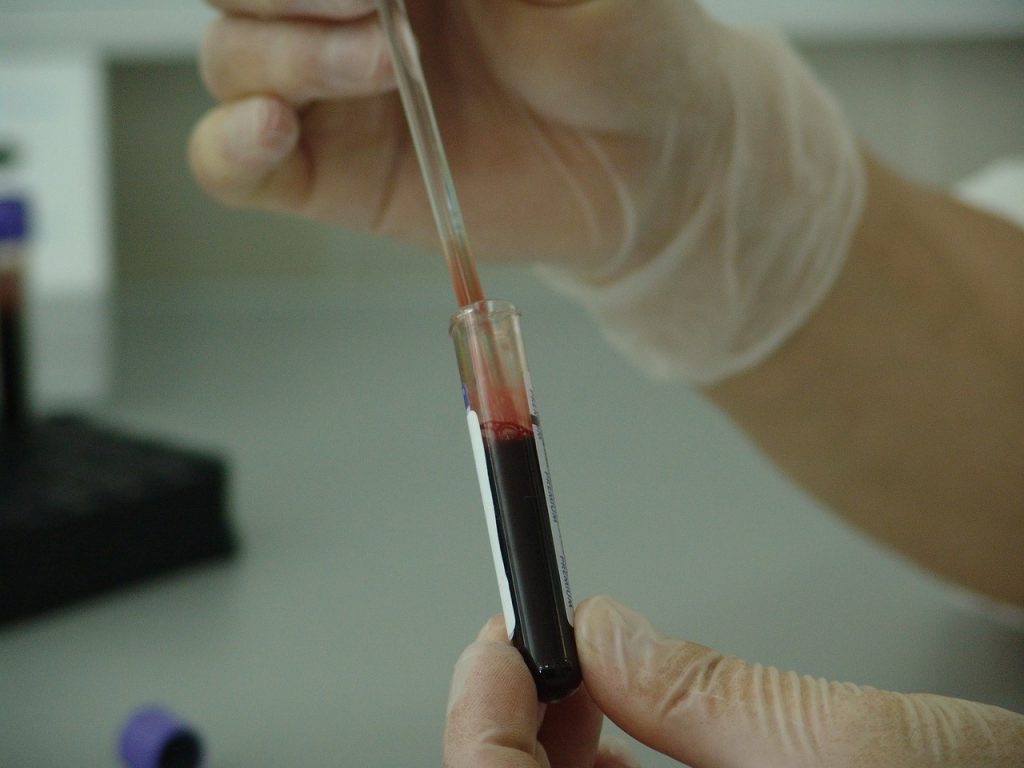Peter Arnell, a renowned brand consultant and designer, has played a crucial role in redefining the brand identity of the Fontainebleau Las Vegas. As the Chief Brand and Design Officer for Fontainebleau Development, Arnell was tasked with modernizing the hotel’s brand identity as it approached its 70th anniversary. His work led to the creation of a new logo for Fontainebleau, which was inspired by the marble bowtie motif from the Fontainebleau Miami Beach lobby. This new design element is now integrated across various customer experiences at the resort.

To unveil this updated brand identity, Arnell and his team conceptualized a special event that coincided with the New Year’s Eve ball drop in Times Square. Collaborating with Countdown Entertainment, they developed an animation that incorporated the new Fontainebleau logo, which was showcased during the midnight countdown. This strategy aimed to introduce the refreshed brand identity to a global audience, linking it with the historic and iconic event of Times Square.
The event featured performances by Paul Anka and Post Malone, representing the hotel’s historical and contemporary cultural relevance. These performances were part of the broader effort to highlight the opening of Fontainebleau Las Vegas and the brand’s ongoing relevance. A special countdown after midnight focused on the Fontainebleau’s 70th anniversary, featuring the new brand identity animation on the Times Square ball, which will remain visible throughout the year.



